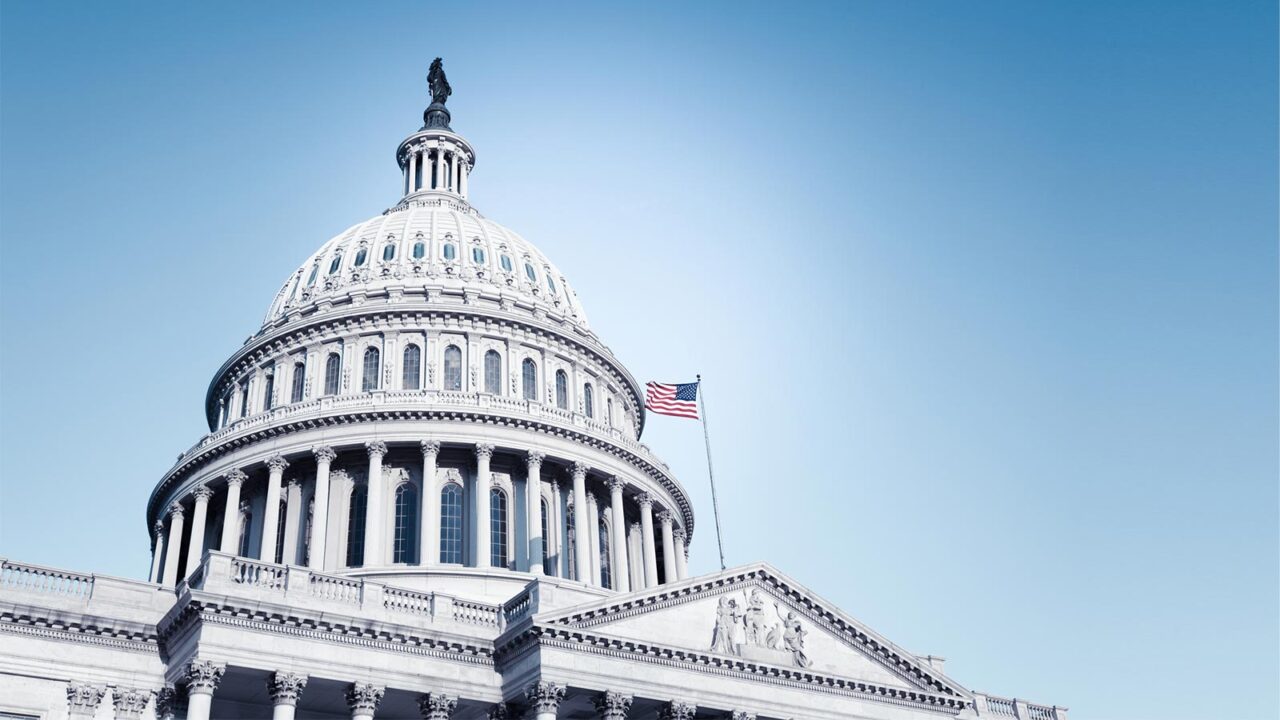Contractors, particularly those that work, or aspire to work, in multiple states, may be unaware of the substantial risk that license violations pose to their businesses. License requirements are not uniform across states. Inadvertent licensure violations can pose a serious risk to contractors, particularly in states such as California that have a draconian disgorgement remedy, which requires an unlicensed contractor to pay back all amounts received for its work regardless of the value of the work provided, the merits of a dispute or principles of fairness and equity. For many contractors, regardless of business size, a significant disgorgement could bankrupt their company and ruin the personal finances of its principals for years.
Unfortunately, it only takes one mistake to unwind years of hard work. To protect themselves, contractors should understand the range of licensure violation risks that exist as well as some of the circumstances when these risks sneak up on contractors. If they fail to do so, they may find themselves subject to extremely harsh and unexpected penalties.
Competing Policy Considerations
Licensing requirements are a function of state police power and exist to ensure public safety and protect the public from fraud and abuse. However, the strict enforcement of license laws and the principle of fairness are sometimes at odds with each other. For example:
- Is it fair for an owner to retain the benefit of an unlicensed contractor’s work without paying the unlicensed contractor for the reasonable value of the work?
- Should a contractor that was unlicensed at the time of contracting but subsequently obtained a license be required to disgorge all the money it received from an owner after a project is complete?
- Do the answers to these questions change if the owner knew the contractor was unlicensed at the time of contracting and purposefully took advantage of that fact?
- Is a technical lapse in licensure ever excusable based on substantial compliance with the law?
These questions illustrate a tension between the strict enforcement of license laws and common-sense notions of fairness and justice. As a matter of public policy some states choose to punish license violations regardless of the perceived fairness of the outcome. Other states temper strict enforcement with equitable principles to avoid harsh results and unjust enrichment. Contractors need to know in which type of state they are working in order to manage risk.
States Do Things Differently
To deter the performance of unlicensed work, many states preclude unlicensed contractors from filing and maintaining lawsuits to recover unpaid amounts (e.g., Arizona, California, Michigan, New Jersey). This means that unlicensed contractors essentially assume the risk of non-payment because they have no legal recourse if an owner refuses to pay them.
According to Phillip L. Bruner & Patrick J. O’Connor, Jr.’s treatise Bruner and O’Connor on Construction Law, in a majority of jurisdictions, “…unless a statute provides otherwise, one who has already paid an unlicensed contractor is not entitled to recover” payments made. Other jurisdictions, such as California, Washington, DC and potentially Florida require unlicensed contractors to disgorge all amounts they received for their work.
For example, California courts have repeatedly found that the strong public policy embodied in their license statutes outweigh any harshness or injustice to an unlicensed contractor. In furtherance of this policy, California Business and Professions Code section 7031(b) permits a person “who utilizes the services of an unlicensed contractor” to bring an action for disgorgement of “all compensation paid to the unlicensed contractor.”
Disgorgement is an extreme remedy because it requires a contractor to pay back funds the contractor received and likely paid to others, including subcontractors. If a contractor is unaware that it is potentially subject to disgorgement, it may not devote the necessary attention to ensure its compliance with applicable license laws. This is particularly true for contractors who are accustomed to working in states that do not subject contractors to disgorgement as a remedy.
The example of a contractor that enters into a construction contract without a license and subsequently obtains a license and performs the work further illustrates how states treat license issues differently. In California, a contractor may be subject to complete disgorgement if it does not have a license at the time of contracting, even if a license is subsequently obtained during the performance of the work. Many state statutes, however, “…prohibit specific activity, such as unlicensed construction” and a likely outcome of “obtaining of a license during the course of performance permits one to maintain suit to recover payment for services. Bruner and O’Connor state that “the rationale for recovery on these occasions is a ‘no harm, no foul’ theory.”
Lastly, some states such as North Carolina split the difference and only allow a “construction professional to recover for services performed while licensed, but den[y] recovery during the period that no license was in force.” The bottom line is the very same license violation may be a non-event in one state, but result in a disgorgement judgement against the contractor to pay back millions of dollars in another.
When to Be Careful
One would expect seasoned contractors to have no issues complying with state license laws. However, lapses in licensure and inadvertent license violations are not uncommon in project disputes. They arise when contractors expand their business and take on work in new jurisdictions without consulting a local construction lawyer regarding licensure. Contractors should never assume that license laws and penalties in new jurisdictions are similar to those they may be accustomed to in other states.
Contractors can run afoul of license laws whenever they create a new corporate entity and enter into construction contracts or start work before the new entity obtains a valid license. A similar problem can arise when established licensed contractors acquire and merge into corporate entities that are unlicensed and the surviving entity has to apply for a new license.
At times, contractors simply fail to do what is necessary to timely renew or maintain their licenses, which is inexcusable given the potential penalties. In all of these situations, a simple oversight can have very severe consequences that could spell doom for a contractor’s business. It is critical that contractors are aware of the requirements of each state they operate in.







